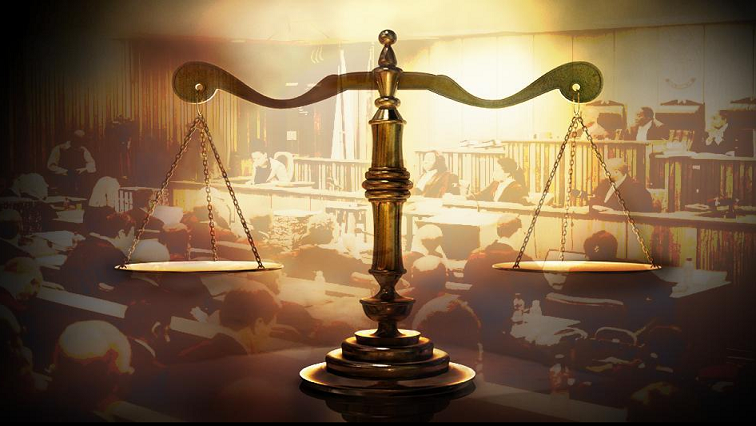The recent spate of Judicial Conduct Tribunals investigating allegations against Judges, some underway and some still to come, has raised the question of whether there is a crisis in the judiciary or whether an era of accountability has been ushered in.
A Judge is a presiding officer appointed to the superior court of South Africa in terms of the Constitution who is, among other things, expected to uphold the independence and integrity of the judiciary – a key feature of strengthening the rule of law.
But like all professions, despite the high expectations of a Judge, they can be fallible and are not above reproach.
The Judicial Service Commission (JSC) is tasked with investigating complaints of misconduct against Judges – but for some time now there have been cracks in the way it carries out its mandate.
The Supreme Court of Appeal ruling on its handling of the case of now-impeached retired Judge Nkola Motata exposed this failure.
Judicial Conduct Tribunals | Probing allegations against Judges under way
Retired Judge and then-Chair of Freedom Under Law, Johan Kriegler says, “It’s also that the JSC has failed to deal properly with Judges that misbehave, not because of the legal rules that are tricky but because they are unwilling to deal with sufficient firmness with Judges that have stepped out of line and unfitted themselves for judicial office.”
South Africa has since seen the first impeachment of Judges since the dawn of democracy – that of Western Cape Judge President John Hlophe and retired Judge Nkola Motata – a journey that took over a decade.
This indicates that complaints aren’t a sudden phenomenon but rather that the flaws have been detected in the process of holding a Judge accountable
Executive Director of CASAC, Lawson Naidoo says, “They really need to focus on the mechanisms and the procedures certainly within the Judicial Service Commission to ensure that the complaints against Judges are dealt with speedily, with full regard to a fair process but it cannot take as long as this and it shouldn’t take this long for complaints against Judges.”
This is where a Judicial Conduct Tribunal becomes crucial. It is essentially a body that deals with impeachable conduct by investigating the allegations against the Judge concerned. There are a number of Judges currently appearing before the tribunals.
Suspended Judge Tinstwalo “Nana” Makhubele is being investigated over allegations that she was both a Judge and Chairperson of the board of a state-owned entity, the Passenger Rail Agency of South Africa (Prasa).
Top Judge of the Eastern Cape Judge President Selby Mbenenge is expected to face a tribunal over allegations of sexual harassment – this is the first for a complaint of this nature.
Lastly, the Judicial Conduct Commission (JCC) recently made a recommendation to the JSC that Gauteng Judge President Dunstan Mlambo should be probed over an allegation that he “lied” to the Justice Minister and parliament over a dispute with a KwaZulu-Natal advocate.
Researcher at Judges Matter, Mbekezeli Benjamin says, “We celebrate that the Constitution seems to be working on a daily basis. There is a level of accountability even for Judges which hasn’t happened for a long time.”
Once a Judge is removed from office, they lose the title, status, and benefits attached to the judicial office.

